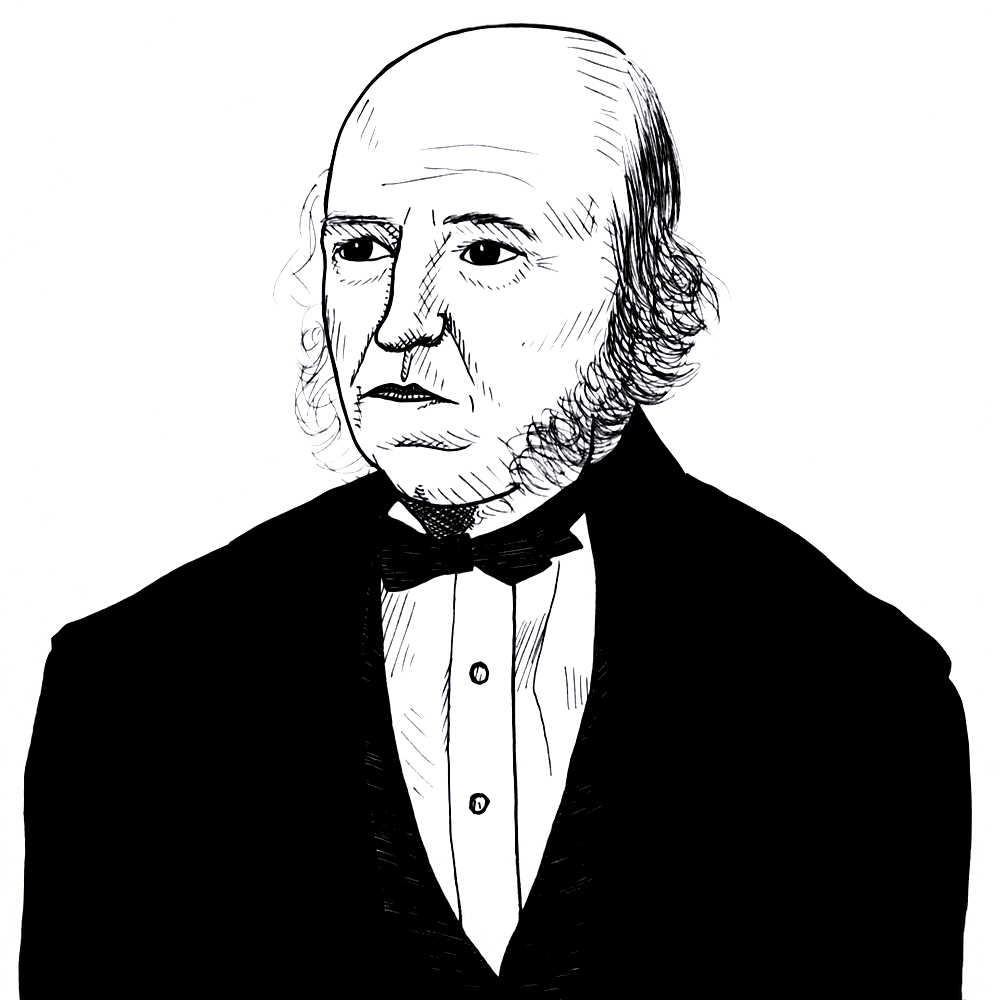
Herbert Spencer notes that traditionally the growth in government revenue has come about because of war (1882)
Found in: The Principles of Sociology, vol. 2 (1898)
In his discussion of the origin of the state and the elites which control it, Herbert Spencer (1820-1903) notes that war enabled a king to loot not only those he conquered but also increasingly his own citizens or subjects in order to fund it:
The State
Making him more despotic at the same time that it augments his kingdom, continuance of this process [of fighting wars] increases his ability to enforce contributions, alike from his original subjects and from tributaries; while the necessity for supplies, now to defend his kingdom, now to invade adjacent kingdoms, is ever made the plea for increasing his demands of established kinds and for making new ones.